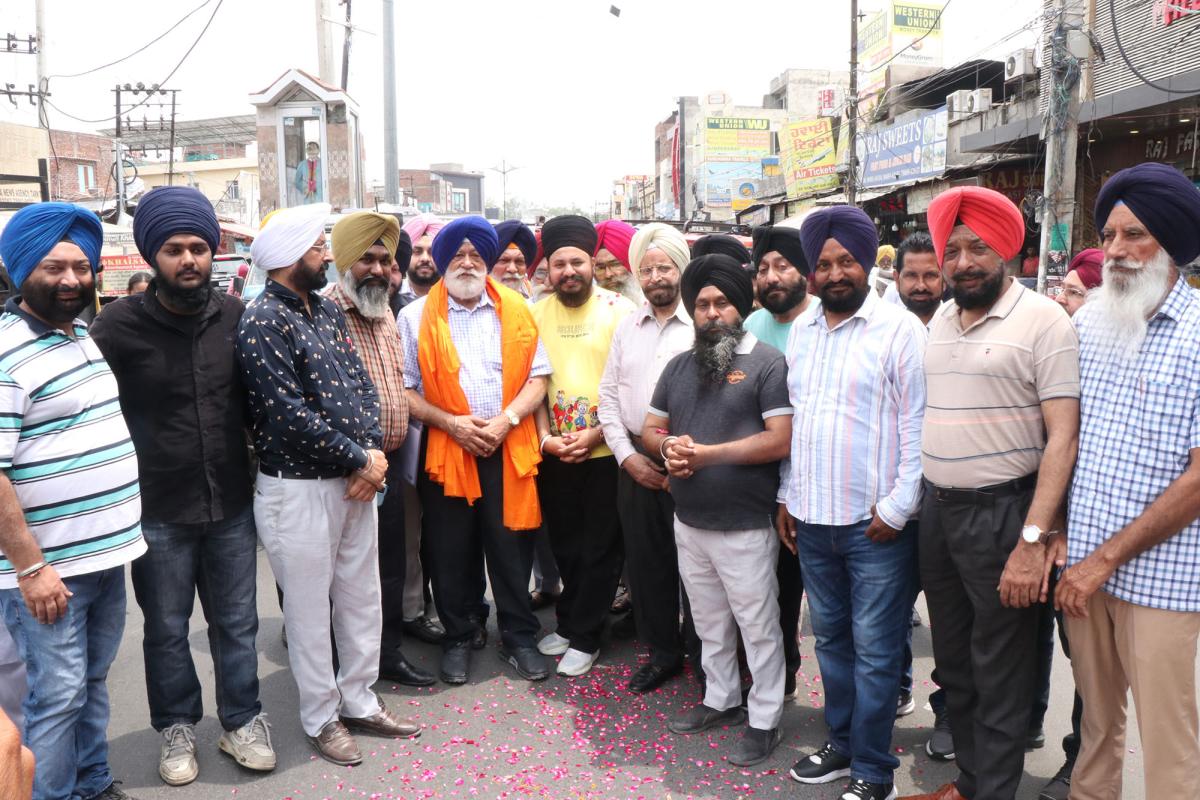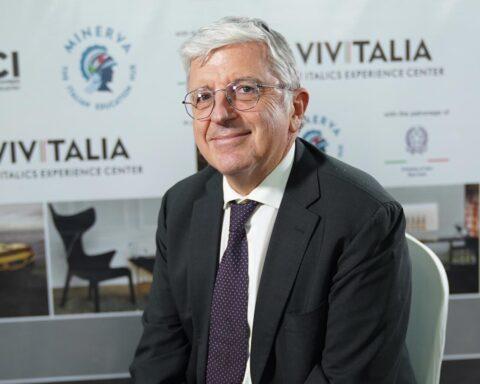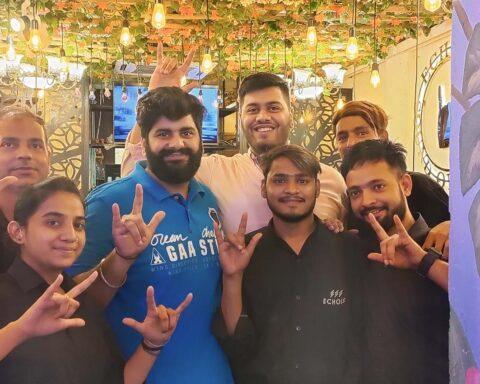A picture on the wall of a small room in a house in Islamabad was, perhaps, the best returns for Dr Surinder Pal Singh Oberoi who has spent more than ₹200 crore of his personal wealth in blood money to secure the release of 119 prisoners awaiting execution in Sharjah (UAE) jails. He has spent another ₹100 crore on the charitable trust he established.
Some years ago, when Oberoi met a former prisoner at the latter’s house in Islamabad, he was pleasantly surprised to find a large picture of himself prominently hung on the wall. The Pakistani, whose release he had secured by paying two lakh AED (United Arab Emirates dirham), said that he had told his children to offer their respects to the person in the picture every day with folded hands before leaving for school. Oberoi, a Dubai-based businessman, has for the past 13 years made it his life’s mission to save poor workers on death row in the UAE. He says the Pakistani man was condemned to death after a brawl got out of hand in which another person died.
“It was a very emotional moment for me. I told him that I had done nothing…it was God who helped him to reunite with his family. I told him that I was just a medium…but it was an immensely satisfying and emotional moment. It was priceless,” says Oberoi.



























